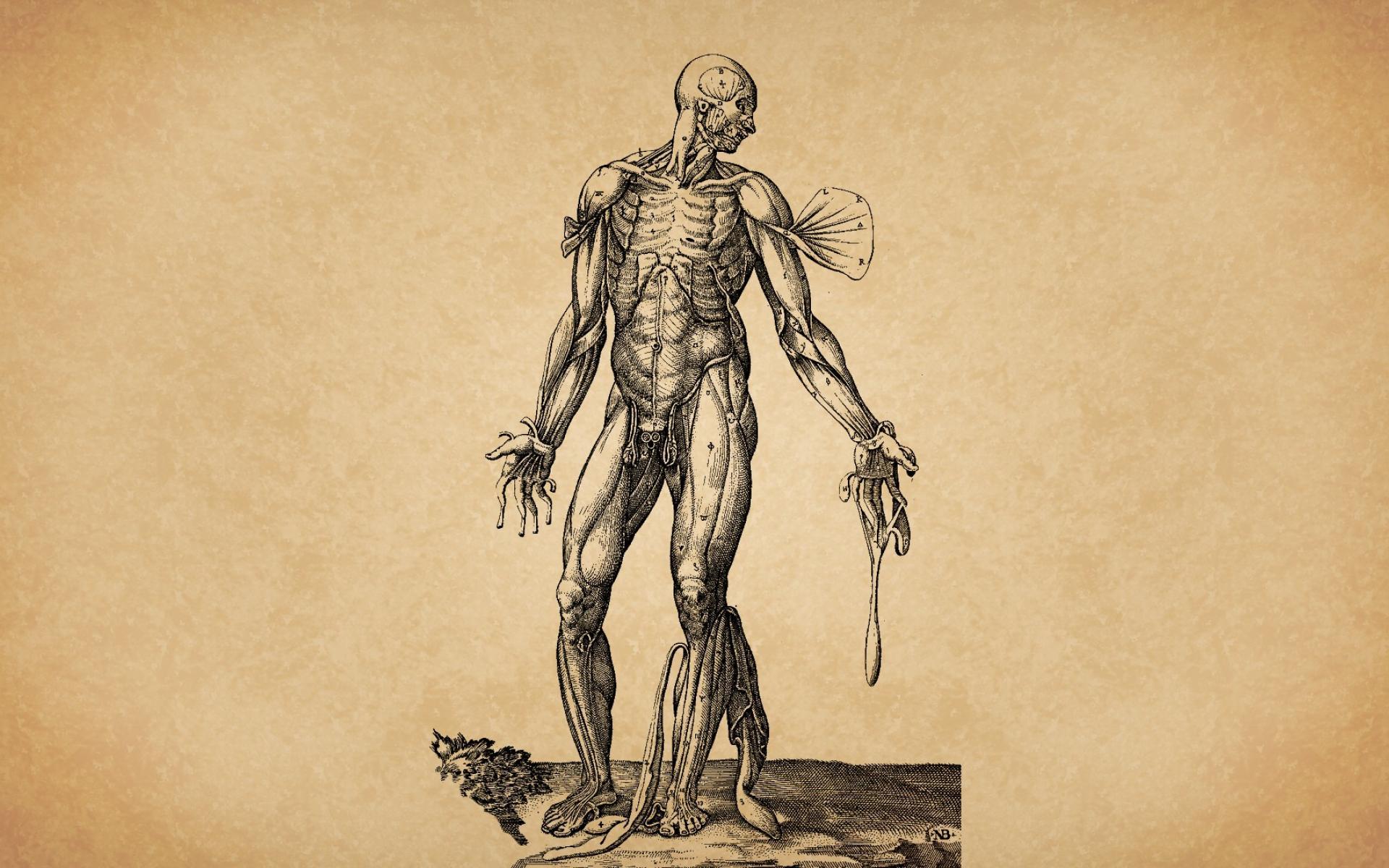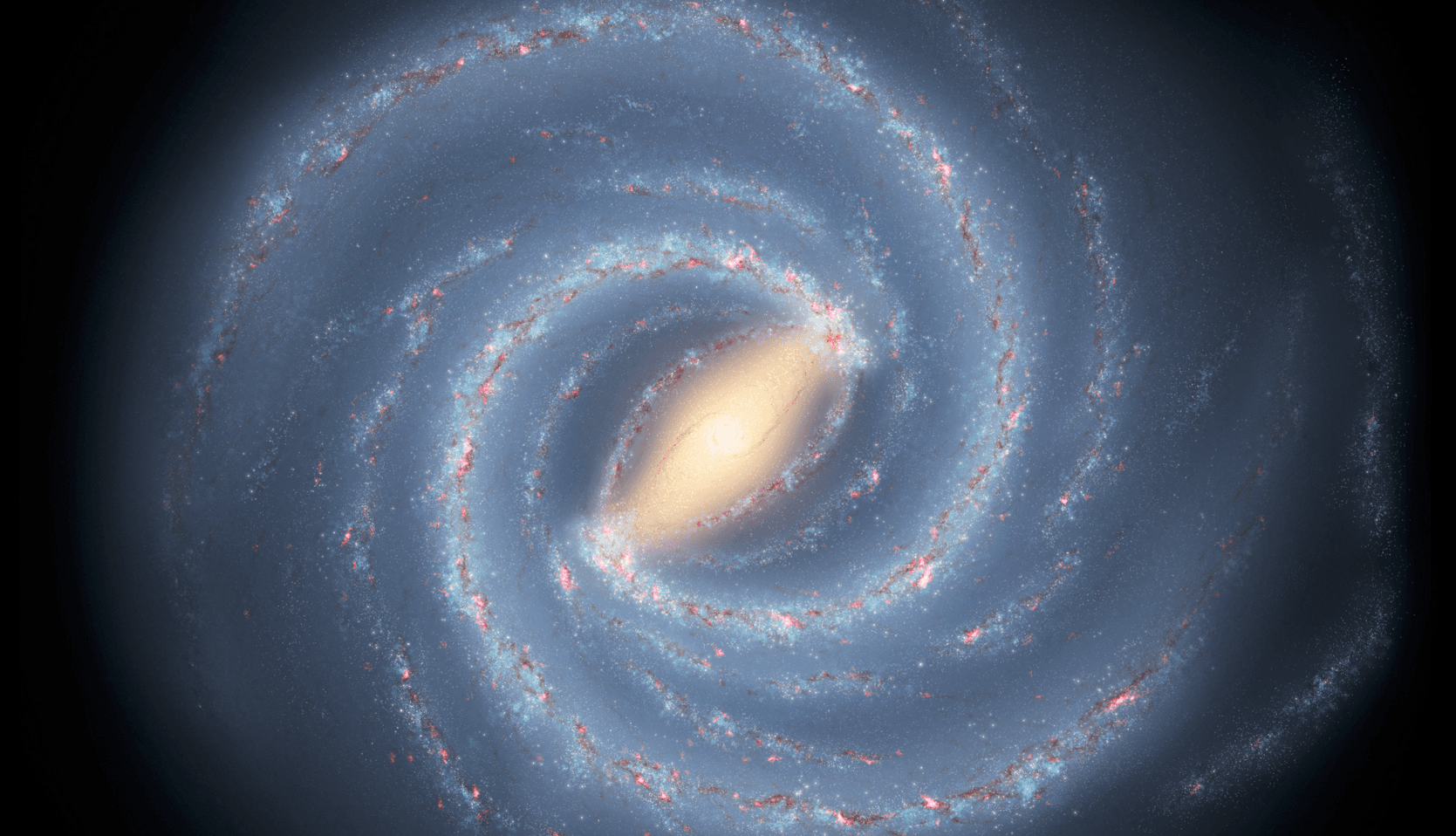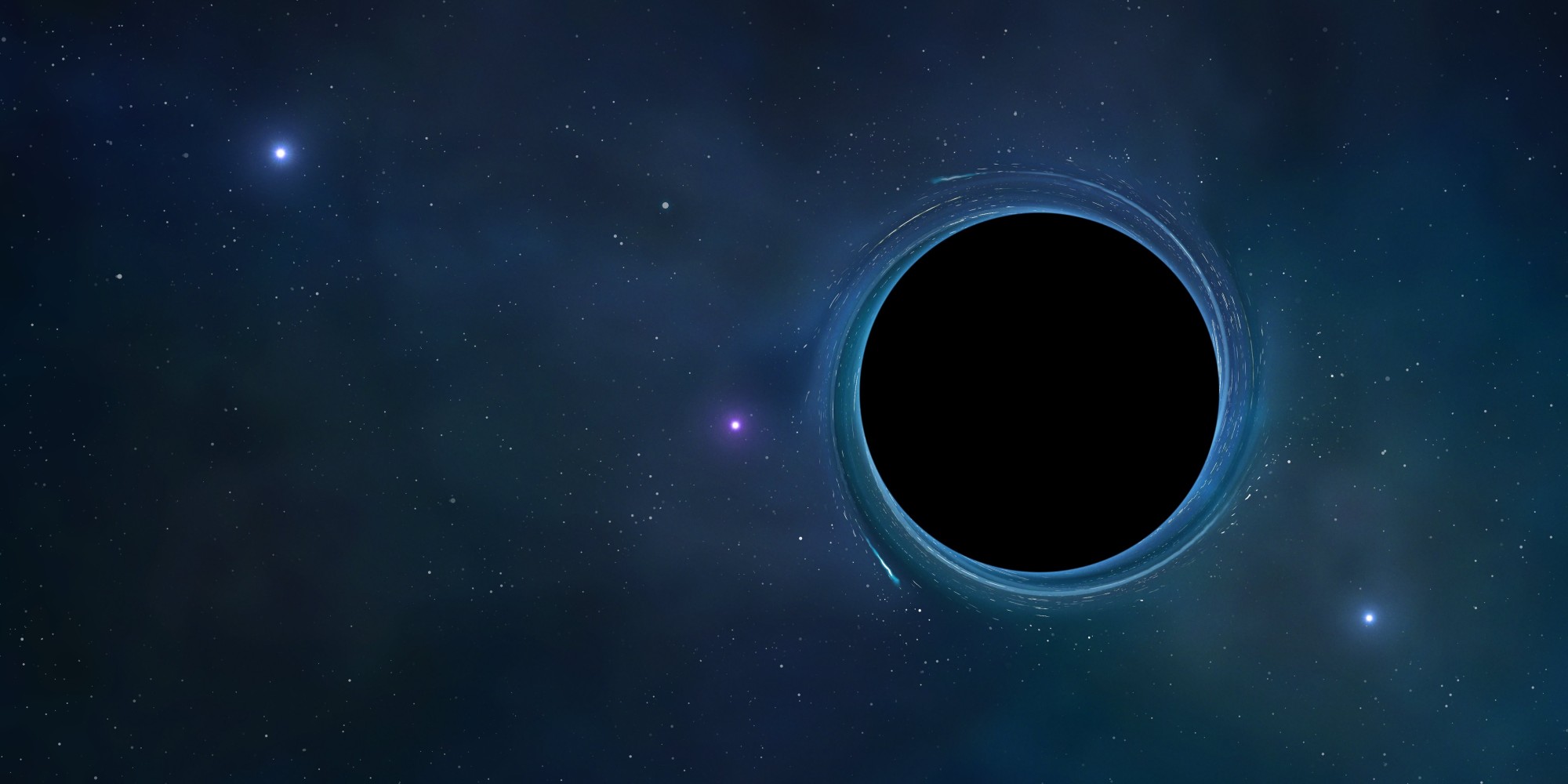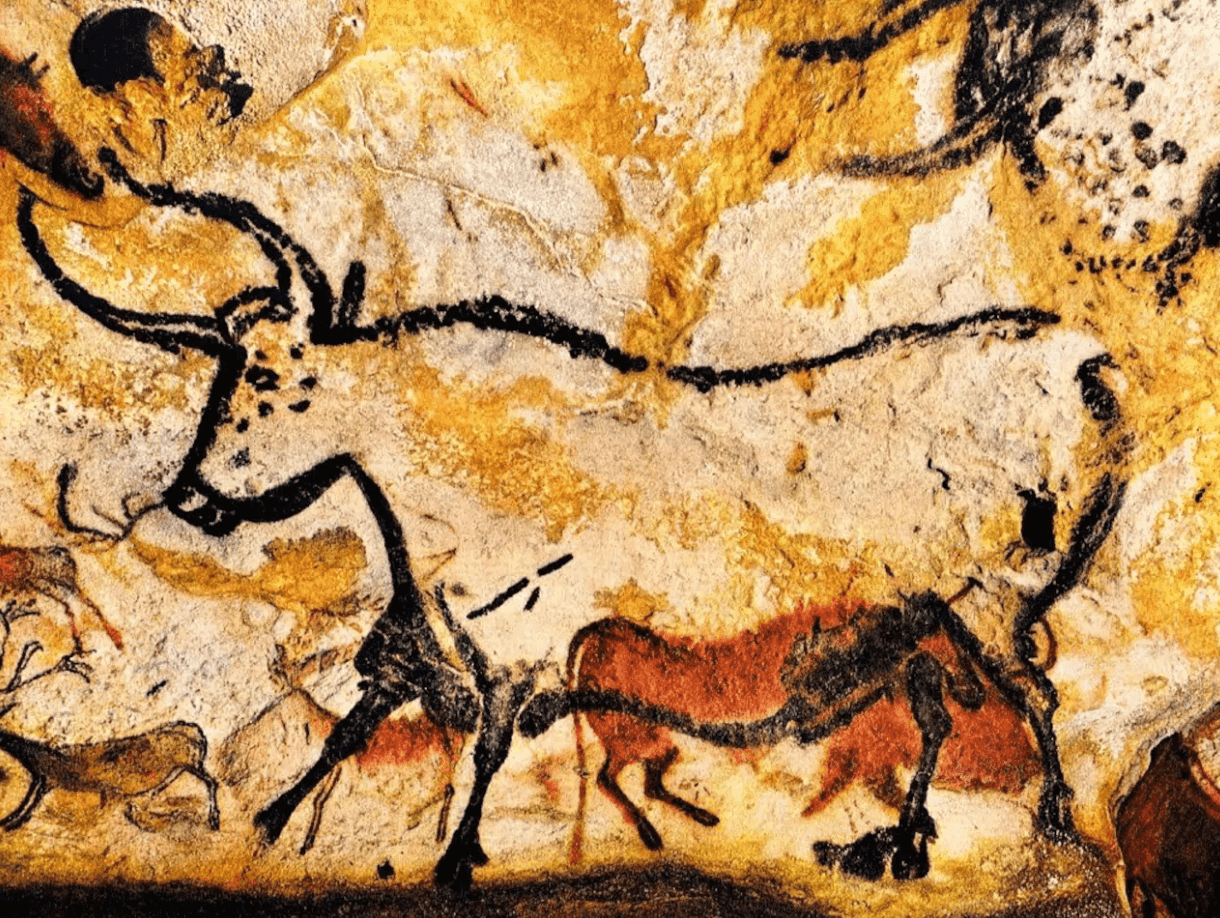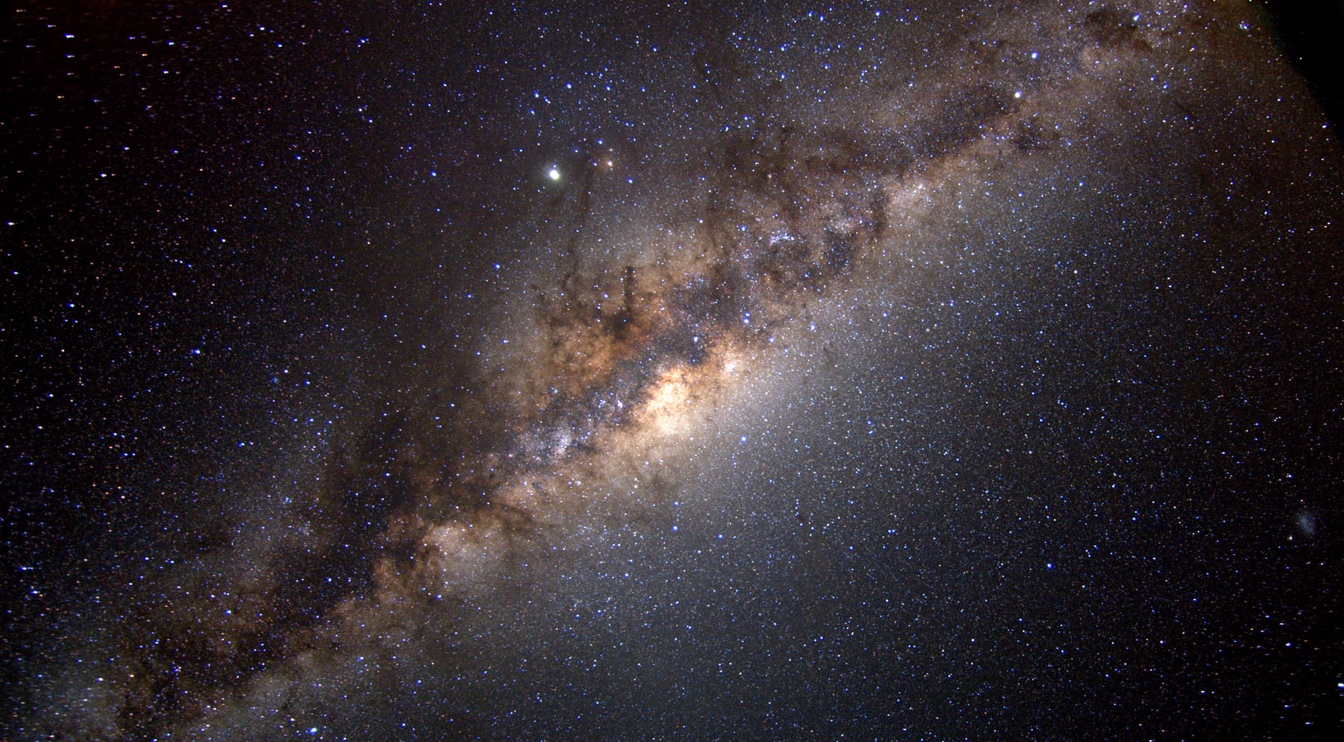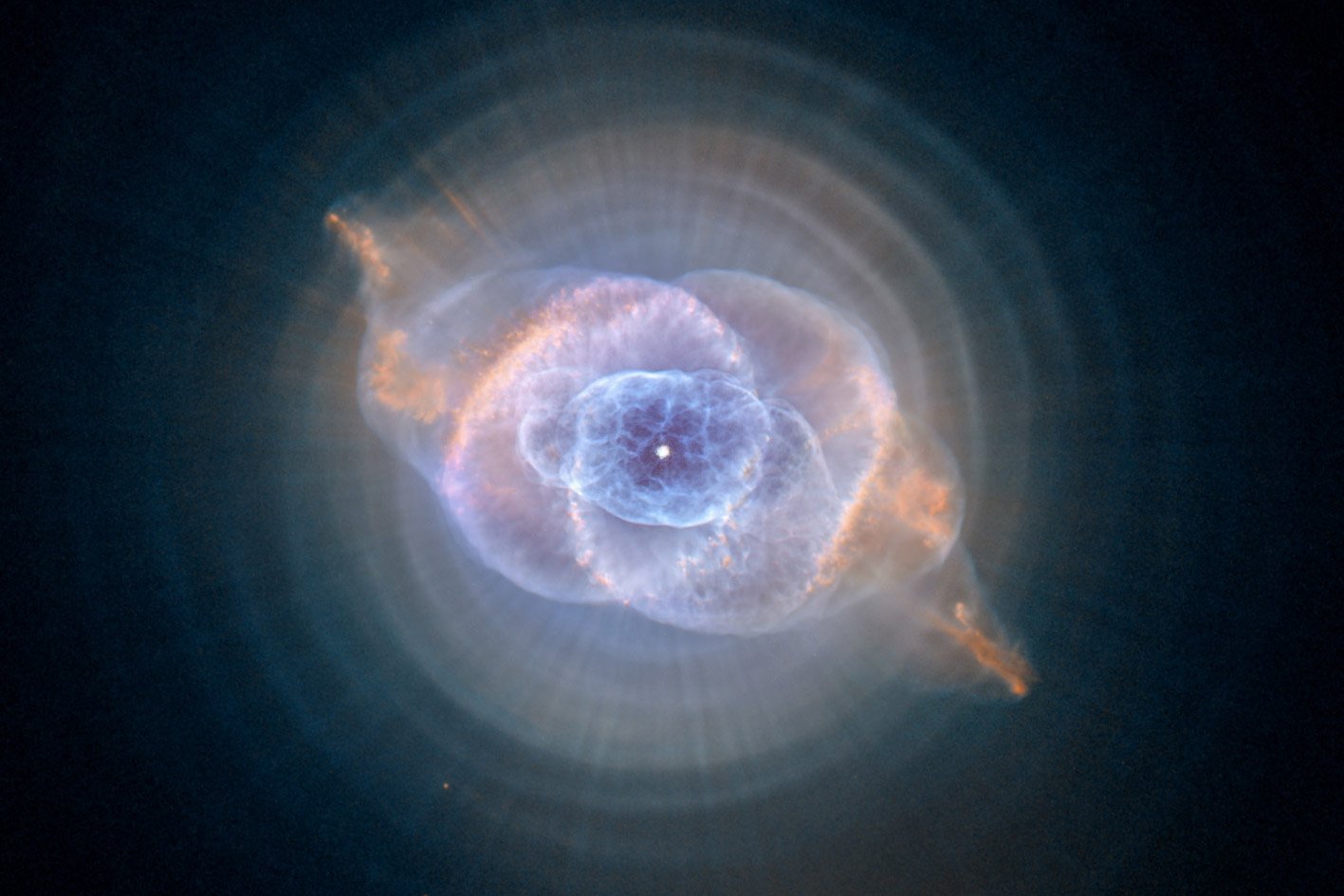There is a hidden order in the ceaselessly changing world around us. It’s called classical physics, and it’s about how the world is put together. Classical physics is about how things move, why they move, and how they work. It’s about making sense of motion, gravity, light, heat, sound, electricity, and magnetism, and seeing how these phenomena interweave to create the rich tapestry of everyday experience.



